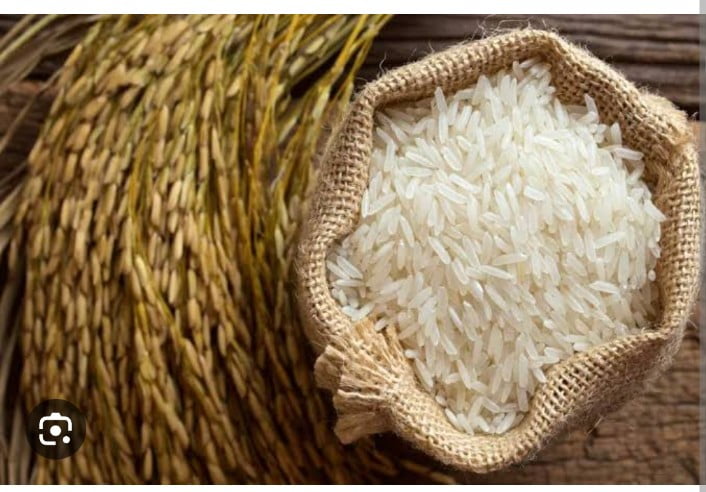In a strategic maneuver, India has implemented stringent limitations on the export of basmati rice, mirroring the imposition of a substantial 20% duty on parboiled rice. The Indian government has stipulated a minimum export value of $1,200 per metric ton for shipments of basmati rice. Agreements falling below this threshold will be held in abeyance and subjected to scrutiny by a specially appointed committee.
This decision comes on the heels of a 20% levy being placed on parboiled rice, prompting India to wield restrictions on basmati rice exports. Contracts for basmati rice that were contracted at a price lower than $1200 per ton are now temporarily frozen, according to the Ministry of Commerce and Industry.
The primary intention behind these measures is to curtail the export of non-basmati varieties, which are ostensibly being exported under the guise of basmati. The Ministry of Commerce and Industry, through a notification, elucidated that these measures aim to prevent non-basmati rice from being wrongfully exported as genuine basmati.
The notification accentuated, “Contracts of Basmati rice below $1200 a ton may be kept in abeyance and may be evaluated by a committee to be set up by the Chairman of APEDA.” APEDA, or the Agricultural and Processed Food Products Export Development Authority, plays a pivotal role in regulating the export of Basmati rice.
By instituting these controls, authorities are poised to verify that non-basmati rice does not infiltrate the market disguised as the premium basmati variant. It is important to underscore that India exports approximately 4 million metric tons of basmati rice to various nations, including Iran, Iraq, Yemen, Saudi Arabia, the United Arab Emirates, and the United States.
Before this temporary embargo on basmati rice, the government had already introduced a significant 20% duty on parboiled rice exports. This move is aimed at fortifying local stock and ensuring stable domestic prices.
In a similar vein, the Indian government, in a bid to boost domestic supply and regulate retail prices during the upcoming festive season, had previously banned the export of non-basmati white rice. Furthermore, broken rice exports were prohibited last year in September.




